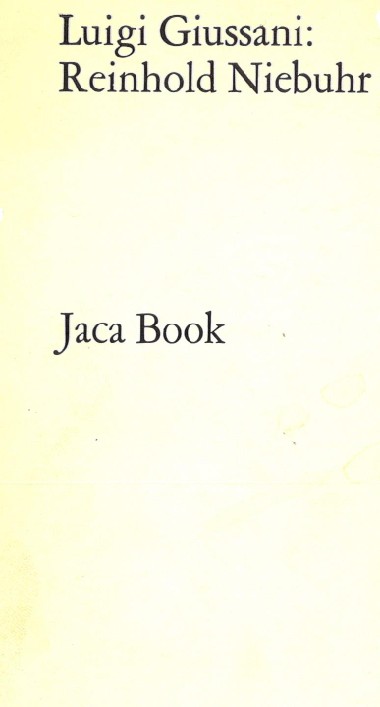The thought of Reinhold Niebuhr (1892-1971) responds to the crisis of the Social Gospel movement, the most comprehensive expression of American Protestantism that immigrated from Europe until World War II.
In the face of scientific and industrial development, the Social Gospel emphasized the exclusively human aspect of Christianity and an optimism that was far from the pessimistic realism of the Bible. World War II marked the decline of the Social Gospel and the birth of a movement (“neo-orthodoxy” or “new realism”) that interpreted the fundamental reasons of European dialectical theology according to the American empirical temperament.
Niebuhr was the main character of this movement. What contributed to the formation of his own thought was his experience as a pastor in an evangelical church in Detroit, where he discovered the dark side of a celebrated progress—the human sacrifice of workers.
Niebuhr’s biblically inspired anthropology views the human individual as the unity of two opposite and irreducible elements—finite and infinite. Every man and woman, in their own uniqueness, are responsible for themselves: the evil they commit is not needed by the human structure, but responsibly occasioned by the will pursuing the “I.” History consists of the tireless individual and collective effort to overcome its own limits toward a progressive realization of the ideal (personal perfection and social justice). The revelation of God’s mercy gives to life the confidence that is needed for this effort. A new synthesis of Reformation (emphasizing the incompleteness of human nature) and Renaissance (emphasizing the value of freedom) had been accomplished.
Niebuhr underlined a discontinuity between God and creatures—God is completely outside the world, and “touches” it tangentially and punctually, so as never to imply the presence of the divine in the contingent. This gives rise to two problems in Niebuhr’s theology—on the one hand, the divine, described as part of the essence of what exists, would seem unassimilable to what exists; on the other hand, it is difficult to imagine a possible final fulfillment of man that is not a complete dissolution of the historical “I.”






